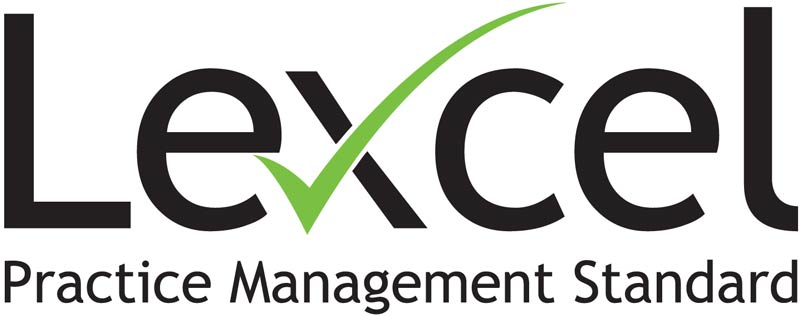Introduction
In the United Kingdom, whatever consumer facing business you operate, understanding consumer protection laws is crucial. These laws are in place to safeguard consumers (your customers) when they engage with your business. In this blog post, we’ll have a look at some of the key aspects of the Consumer Rights Act (2015) and how it impacts your small business.
Consumer Rights Act Overview
The Consumer Rights Act (2015) serves as a unifying force in regulating the supply of goods, services, and digital content in business-to-consumer (B2C) transactions. Its primary objective is to shield consumers from subpar products, unfair business practices, and unfavourable contract terms related to transactions, repairs, refunds, and deliveries. For legal purposes, a “consumer” is defined as an individual acting outside their trade, business, craft, or profession.
In addition to the Consumer Rights Act, the Consumer Protection Act 1987 is in place to ensure manufacturers meet safety standards. This act empowers consumers to seek recourse if a product they purchased is faulty and causes personal injury or property damage.
Applicability to Business-to-Business (B2B) Sales
The Consumer Rights Act does not govern B2B contracts. Instead, B2B contracts are still subject to the Sale of Goods Act 1979.
Impact on Businesses
The Consumer Rights Act extends its protective umbrella to consumers dealing with “Traders.” A “Trader” is defined as “a person acting for purposes related to their trade, business, craft, or profession.” For businesses, this law delineates both consumer rights and the obligations of goods or service providers in cases of disputes. However, it’s crucial to understand that private sales between two individuals where the seller/service provider is not a trader are not covered under this law.
What are the Key Provisions of the Consumer Rights Act?
Some of the key provisions of the Consumer Rights Act include:
- Title
- Sellers must possess a “good title,” meaning they must have the legal right to sell the products.
- Description
- Accurate descriptions of products, whether sold in-store or online, are mandatory to prevent consumer confusion or misrepresentation.
- Quality
- Goods must meet satisfactory quality standards, functioning correctly and remaining undamaged. This includes factors such as appearance, durability, suitability for intended use, freedom from minor defects, safety, and fitness for purpose.
- Fitness for Purpose
- If a consumer specifies a particular purpose for a purchase, the item should reasonably serve that purpose.
- Standards for Services
- Service providers must carry out their services with reasonable skill and care, adhering to any information provided to the consumer, including quotes and commitments regarding timelines or outcomes.
- In cases where no price or completion time is agreed upon, services must be offered at a reasonable price and completed within a reasonable timeframe.
- Delivery
- Under the Consumer Rights Act, goods must be delivered to the consumer within 30 days unless an alternative arrangement is made. The responsibility for the goods remains with the trader until they are in the hands of the buyer.
Consumer Remedies
Under the Consumer Rights Act, consumers have several options when issues arise with goods and services:
- Within the initial 30 days, consumers can reject faulty items and claim a full refund.
- After the initial 30 days, consumers can request a repair or replacement for faulty goods.
- If goods are out of stock or a repair/replacement isn’t feasible (or the repair doesn’t fix the defect), consumers may be able to claim a partial or full refund.
The specific remedy depends on the time that has passed since the goods were provided or the service was completed.
Rules Regarding Risk
Responsibility for goods lies with the supplier until they are physically in the possession of the consumer, or someone designated by the consumer. That said, if goods are delivered to a carrier chosen by the consumer, risk transfers to the consumer upon delivery to that carrier.
Distance and Doorstep Selling
Separate laws grant consumers a “cooling off” period, allowing them to cancel contracts in specific scenarios, including distance and doorstep selling. This cooling off period generally lasts 14 days from either the receipt of goods or the date of the contract for services.
Conclusion
For small businesses in the UK, compliance with the Consumer Rights Act is crucial for maintaining positive customer relationships and legal adherence. Understanding your obligations and consumer rights under this law is vital for ensuring your business thrives while delivering quality products and services.
The commercial solicitors and lawyers at Scott Bailey are experts in preparing terms of business for SME businesses of all shapes and sizes to help protect suppliers, and provide clarity for their customers. Our business advisers in the New Forest, Hampshire, are well placed to provide expert legal advice to your business, whether you operate a local shop, or a large online retail business. For more information on our corporate and commercial law services click here, or if you have a dispute arising out of the sale of goods you can see our dispute resolution services. When you require help with your commercial law or litigation matter please get in touch.










